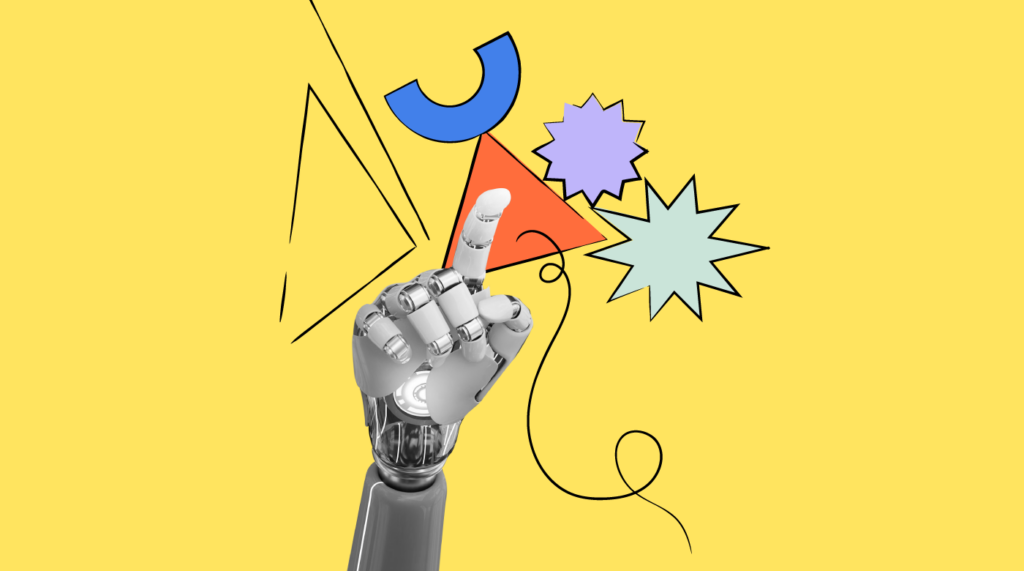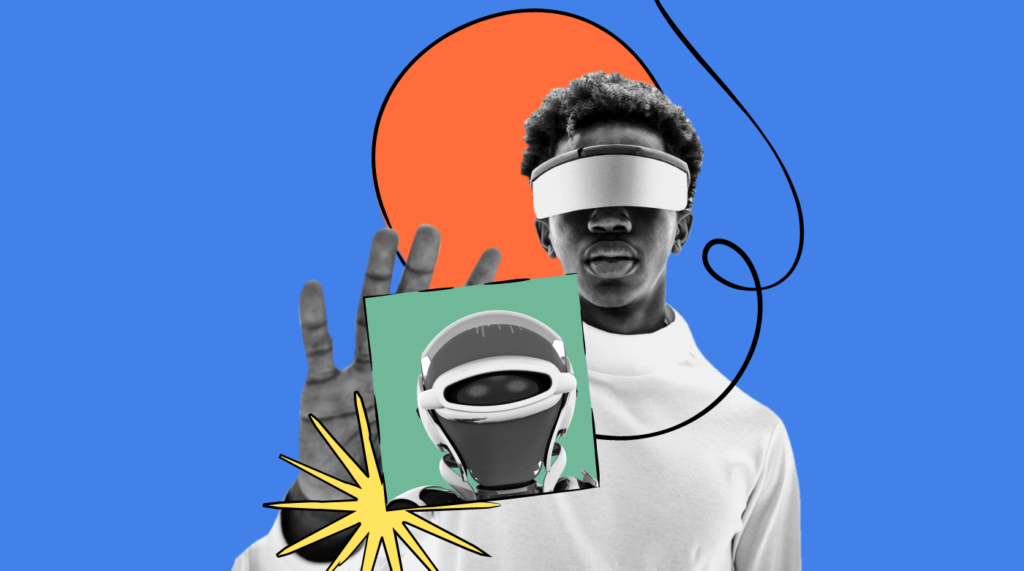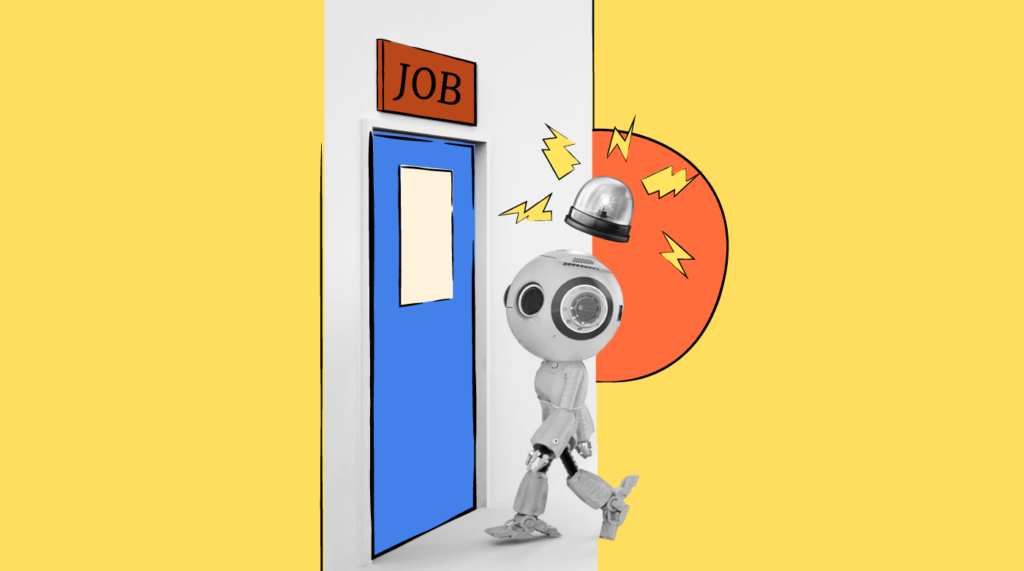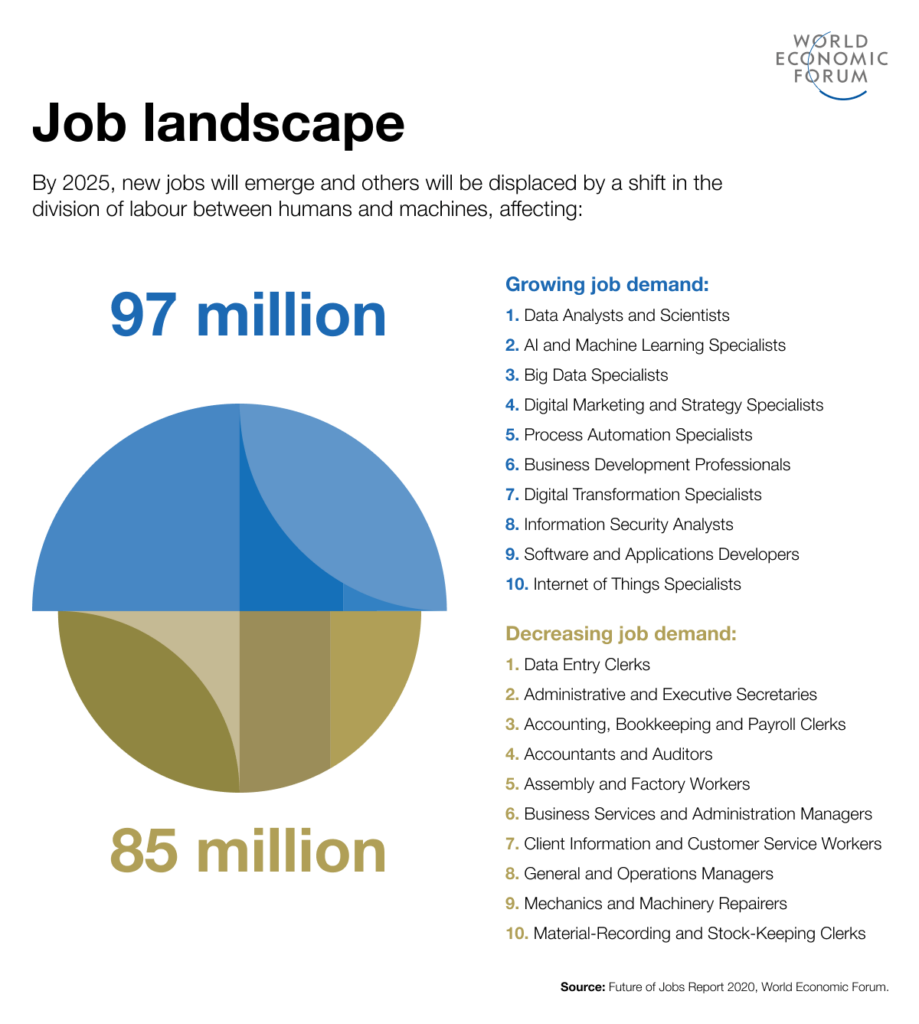Back in 2019, master Go player Lee Se-dol retired from the game (a devilishly complex strategy game similar to chess) due to the dominance of an aritifical intelligence program that 'cannot be defeated'.
Poor Se-dol! But, outside the world of professional gaming, which other jobs is AI set to replace?
The short answer is potentially all of them, eventually! However, for the purposes of this article, we’ll focus on the near-term, 10-20 year range.
But first off…
What is AI?
AI (artificial intelligence) sits at the cutting edge of computer science. Fundamentally, it’s man-made machines exhibiting human-like intelligence to learn to solve problems and complete tasks.
Our despondent Go player, Mr Se-dol, was beaten by a program called AlphaGo, an advanced AI program developed by an Alphabet subsidiary called Deepmind.
Without going into too much detail, AlphaGo uses an advanced machine learning method that utilises neural networks. As the name suggests, these neural networks imitate the way the human brain works—an idea borrowed from neuroscience.
When AlphaGo defeated the Se-dol, the world #1 at the time, it demonstrated a level of creativity never before seen in machines. It was a stunning victory, apparently, leading the defeated master to admit “I thought AlphaGo was based on probability calculation and that it was merely a machine. But when I saw this move, I changed my mind. Surely, AlphaGo is creative.”
AlphaGo brought new knowledge to the Go world. Eventually, the creators are hoping to apply the technology outside the world of competitive gaming, for example helping research teams find new cures to diseases or material scientists invent new materials.
Currently, AI is being used by people the world over to aid with everything from healthcare to customer service to brewing beer to building robot bees.
So, rather than replacing jobs, the programs are working alongside human teams to help them do their jobs more effectively.
For now.
As alluded to in the intro, if at some point in the future, and some futurists think this could be as close at 2045 (but most 100 years), a general-purpose AI (one that is equal to, or likely more advanced than, a human in overall intelligence) is developed, then probably jobs and work will be a thing of the past for humanity (yay!).
But there are a lot of caveats around this breakthrough (doh!), so let’s reign it in and focus on roles and sectors where AI is already making an impact.
What jobs could AI replace in the near future?

Organizations around the world are already taking advantage of AI to improve their services and operate more efficiently. According to a Zippia study, half of US companies are utilizing AI in some way.
The good news for us is that, currently, they’re great at automating away tedious, repetitive tasks e.g. data entry that nobody enjoys doing and are prone to human error.
But, as AI, computing and robotics become increasingly advanced, automation will begin to disrupt more skilled jobs at a large scale. The Zippia study predicts that AI could make 375 millions jobs obsolete in the next 10 years.
Similarly, in his book AI Superpowers: China, Silicon Valley, and the New World Order computer science and AI expert, Kai-Fu Lee, predicts that AI could replace 40% jobs worldwide in the next fifteen years.
These are the jobs that technologists such as Lee believe automation could potentially replace humans in the next 15-20 years.
Factory And Warehouse Workers
As you’re probably aware, a lot of factory work is carried out by machines with the help of humans. However, as robots get smarter, the human element is rapidly diminishing.
For example, to be able to add an affordable, mass-produced option to their line, Tesla set about automating their entire production process for the Model 3 and, after some “production hell”, just about achieved it.
While people are still needed to maintain and upgrade the machines and deal with anomalies, there are no people in the production process itself. In a way, because of the Model 3’s AI-enabled autopilot capabilities, this is robots building robots!
Taking Tesla’s “Alien Dreadnaught” (Musk’s words, of course) as an example, it’s not difficult to see how moderate advances in AI could remove humans entirely from factories and warehouses, bar a few techy engineers on standby.
Indeed, Amazon believes it’s around 10 years way from fully-automating its fulfillment centres.
Customer Support
AI chatbots are capable of taking care of an increasing number of customer service tasks. By now you’ve probably dealt with a chatbot to get an answer to a query you had about a product or service.
Chatbots use a branch of AI called natural language processing (NLP) to hold conversations with customers and solve their problems.
Currently, these are pretty adept at handling repetitive questions that annoy customer service agents, leaving the smarter, more emotionally intelligent humans to deal with the more complex cases they prefer dealing with.
Some of these chatbots are already getting pretty advanced (Google’s Dialogflow really impressed me a few years back), and it can be hard to tell if you’re talking to a human or not.
Therefore, it’s not difficult to imagine them being able to handle all but the most complex cases in the near future, especially as people get more used to the idea of them.
So, while humans will likely still be needed in some capacity, for example to help train chatbots, there’s a real chance that AI can replace customer service representatives in the near future.
Truckers
Self-driving vehicles, while not quite here yet, are edging closer to becoming a reality. They’re already passing tests globally, and some think that completely autonomous trucks could be on the roads making deliveries as soon as 2025.
It’s predicted that the rise of autonomous trucking will happen in phases, with less human oversight needed at each phase.
I’m betting that humans won’t be removed form the equation entirely for a little while yet, but the amount of human truckers freight companies need will be significantly reduced in the next 10-15 years.
Accounting
Some account and bookkeeping programs utilize AI to handle basic accounting tasks such as bank reconciliations and risk assessments.
This has lead some to decry that AI is coming for accountants! However, these tasks are pretty repetitive, amounting largely to data entry and number crunching, stuff that accountants don’t enjoy doing.
Your accountant’s time is freed up for tasks they do enjoy, such as using their experience and knowledge to analyze data and advise their clients—a mix of hard and soft skills and intuition that currently AI isn’t close to replicating.
Radiologists
AI has a lot of useful applications in healthcare, for example helping to diagnose patients by analysing scans against huge datasets of previous cases.
In another recent victory-of-sorts for AI, a new model managed to score higher than 72% of general practitioner doctors when tasked with diagnosing written test cases of realistic illnesses. This is presumably why some foresee the role of radiologist becoming obsolete in the near future.
But radiologists aren’t scared.
While admittedly the AI can help with an important part of the medical process—diagnoses—there are still plenty of other duties that they perform (for example performing ultrasounds) that AI is a long way from being capable of.
Also, can you imagine receiving a medical diagnosis with no qualified human involved at all? I’ll leave it there.
Paralegals
Paralegals spend much of their working lives researching cases and reviewing contracts. This involves sifting through large amounts of data and presenting it to lawyers, often under tight time constraints.
Need to crunch a lot of data quickly? Enter AI! One piece of tech used by JP Morgan takes seconds to review what previously took humans 360,000 hours.
So, if a lot of the work that paralegals are being employes for is being taken by machines, are paralegals going to be phased out?
Paralegals and law academics think not. Like accountants, AI technology frees up paralegals time to work on more value-add, higher level issues such as finding patterns to improve processes and save money. The question remains though, how many will still be needed?
Middle managers
Middle managers are divisive. Some view them as ineffective, weak and incompetent, while others respect the important role they play in organizations. Really, it depends on the kind of manager you have!
Depending on your stance on the matter, it may or may not surprise you that some claim AI can replace middle managers. The rationale behind this is that much of the middle managers’s role—assigning work and ensuring targets are met, can be learned by an AI.
The timeframe? 8 years.
But we’re dubious.
Properly managing people requires social and emotional intelligence e.g. care, empathy, motivation, team-building, coaching, and listening that are in the general-purpose AI realm. Tests have found that current AI models such as ChatGPT aren't too good at this yet.
Again, AI can help with the admin side of things (something most managers are surely happy to do away with) as well as forecasting. This frees up their time for the people management side of the job.
Writers
A little secret: this article was actually written by an AI. OK so it wasn’t, but could it be?
A lot has been made of OpenAI’s new ChatGPT model’s ability to answer questions in mini-essay form, with many professionals, such as teachers, wondering how they’ll be able to distinguish AI-generated work from original writing (the company is bringing in watermarking and similar techniques).
Naturally, we’ve tried ChatGPT and, while undoubtedly impressive at providing a decent answer to most queries you chuck at it, and answer with impressive eloquence and humour, it can’t tell you a story (we asked, it said no). Also, it’s limited by its data set, as impressive as that is, and when you really niche down it’s found wanting.
As storytelling and lived-experiences are so fundamental to good, useful writing, indeed all communication, we see ChatGPT and similar tools as just that, useful tools to help us generate ideas and explain concepts.
For AI to replace human writers telling stories and sharing human experiences, it would need to reach the general-purpose level, and this is still someway off.
AI the job creator?

A lot of focus is on AI and job loss, but what about AI as a job creator? One study by PwC predicts that job losses as a result of AI automation will be offset by economic growth and new jobs created as a result.
New jobs that AI will help create are AI and machine learning engineers (unsurprisingly), data scientists, software developers and business transformation specialists. Quite specialist, I’m sure you’ll agree.
What’s evident from the above list is that people are going to require training and upskilling and reskilling to keep pace with the demands of the modern workplace!
There’s never a better time to invest in learning and development.
People Managing Robots

People have been scared of machines taking their jobs for generations. In fact, reading articles about robots taking jobs increases that fear, especially as sensationalism is commonplace in the media.
If you’re interested where your job stands in all this, there’s a website called willrobotstakemyjob, which uses, you guessed it, a machine learning algorithm to predict the probability of a job becoming automated.
Of course, it’s all speculative at this stage, but there’s no doubt that emerging technologies will continue to impact the way we work.
While early in the 20th century some predicted machines would be doing everything for us by now, and humans would be working a mere 15 hours a week (we wish!), today there are more people working than ever before!
The job market has adjusted before, and maybe those would-be-truckers or factory workers will end up in more human-facing jobs, such as teachers or care workers, or programming the new generation of AI tools.
If you're fascinated by the future of work and the role new technologies could play in managing people, subscribe to the People Managing People newsletter.



